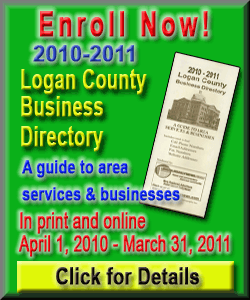| ||||||||||
| ||||||||||
"Although the American mindset had changed dramatically (after Sept. 11)
-- and frankly mine had as well -- when I talked to other leaders, particularly in Europe, I didn't get the same impression." Blair acknowledged that the decision to join the war -- which led to the largest public protests in a generation in London
-- had met with opposition in the country, and in his own Cabinet. "The one thing I found throughout this whole matter from a very early stage is that I was never short of people challenging me on it," Blair told the panel. On Friday, though, he chose to avoid confrontation. The ex-British leader arrived at the conference center in darkness shortly before 7 a.m. Friday, dodging demonstrators by entering the conference center through a cordoned-off rear entrance. "Blair should not be here giving his excuses for the illegal war, he should be taken to The Hague to face criminal charges because he has committed crimes against the Iraqi people," said protester Saba Jaiwad, an Iraqi who opposed the war.
Blair, now envoy to the Quartet of Middle East peacemakers, used his appearance to offer a warning about the West's handling of Iran's nuclear program. He said concerns that terrorists could gain access to weapons of mass destruction had been deepened by Iran's pursuit of nuclear arms. "I hold this fear stronger today than I did back then, because of what Iran is doing," Blair told the panel. "A large part of the destabilization in the Middle East today comes from Iran."

[Associated
Press;
Copyright 2010 The Associated Press. All rights reserved. This material may not be published, broadcast, rewritten or redistributed.
News | Sports | Business | Rural Review | Teaching & Learning | Home and Family | Tourism | Obituaries
Community |
Perspectives
|
Law & Courts |
Leisure Time
|
Spiritual Life |
Health & Fitness |
Teen Scene
Calendar
|
Letters to the Editor